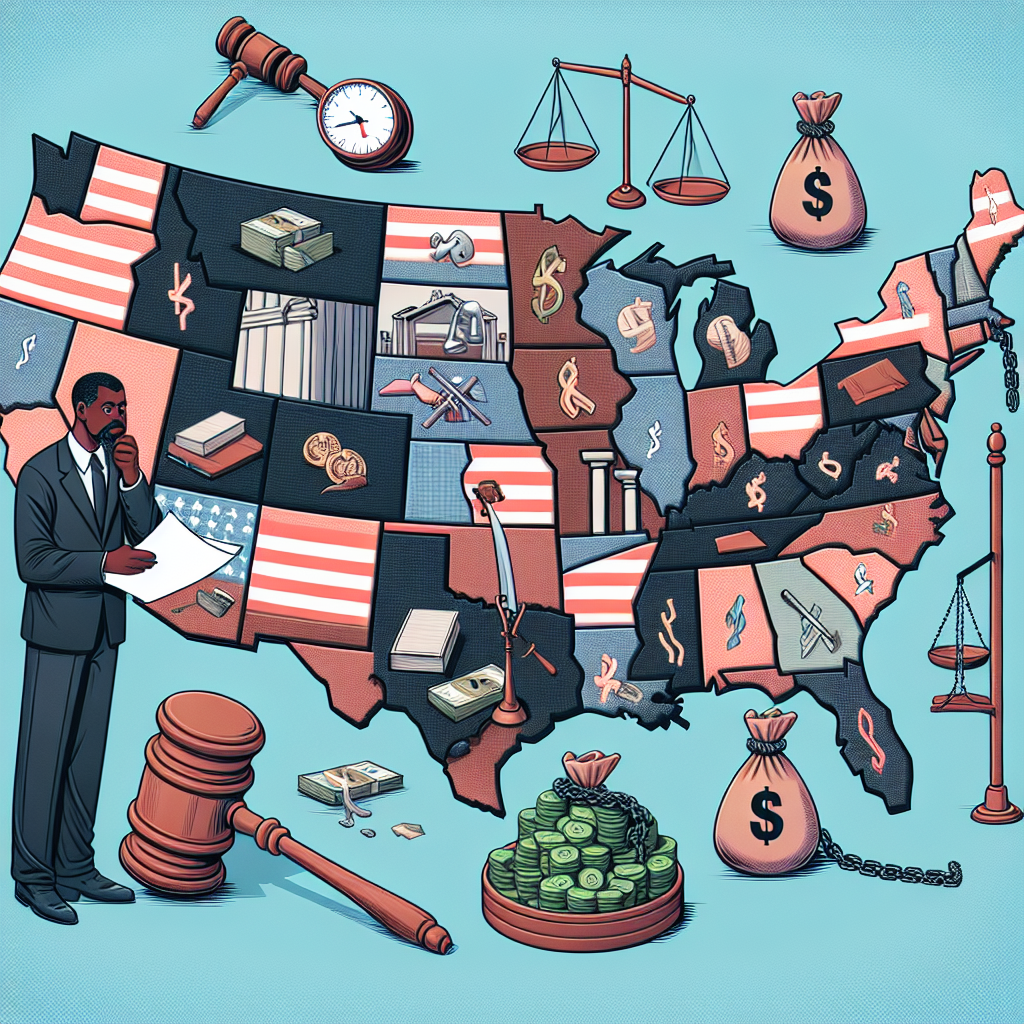Challenges in Securing Compensation for the Wrongfully Convicted in Certain States
Challenges in Securing Compensation for the Wrongfully Convicted in Certain States
Introduction
Securing compensation for individuals who have been wrongfully convicted remains a significant challenge in various states across the United States. Despite the growing awareness of wrongful convictions, many states still lack comprehensive measures to ensure fair compensation for those who have been unjustly imprisoned.
Key Challenges
- Lack of Uniform Legislation: There is no federal mandate requiring states to compensate the wrongfully convicted, leading to a patchwork of laws that vary significantly from state to state.
- Stringent Eligibility Criteria: Some states impose strict eligibility requirements, making it difficult for exonerees to qualify for compensation. This includes proving innocence beyond a reasonable doubt, which can be a daunting task.
- Inadequate Compensation Amounts: Even in states that offer compensation, the amounts are often insufficient to cover the financial and emotional toll of wrongful imprisonment.
- Lengthy Legal Processes: The process to secure compensation can be lengthy and complex, often requiring legal assistance that many exonerees cannot afford.
State-Specific Issues
Some states have been highlighted for their particularly challenging compensation processes:
- Alabama: Offers no compensation for the wrongfully convicted, leaving exonerees without any state support.
- Wisconsin: Provides a maximum of $25,000, regardless of the length of wrongful imprisonment, which is one of the lowest in the nation.
- Florida: Requires exonerees to have a clean criminal record to qualify for compensation, excluding many who have been wrongfully convicted.
Efforts for Reform
Advocacy groups and legal experts are pushing for reforms to address these challenges. Proposed solutions include:
- Establishing a federal standard for compensation to ensure uniformity across states.
- Reducing the burden of proof required to qualify for compensation.
- Increasing the compensation amounts to reflect the true impact of wrongful imprisonment.
- Streamlining the legal process to make it more accessible for exonerees.
Conclusion
The journey to secure fair compensation for the wrongfully convicted is fraught with challenges, particularly in states with inadequate or non-existent compensation laws. While there is a growing movement towards reform, significant work remains to ensure that all exonerees receive the justice and support they deserve. Addressing these issues requires a concerted effort from lawmakers, advocacy groups, and the public to create a more equitable system for those who have been wrongfully imprisoned.














